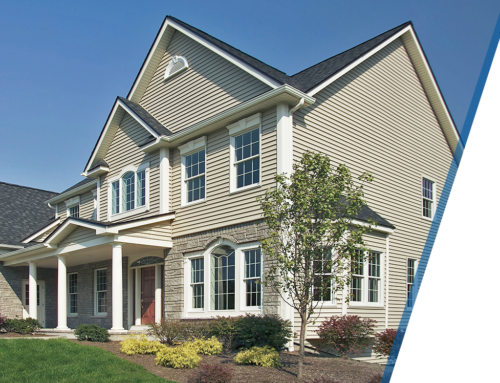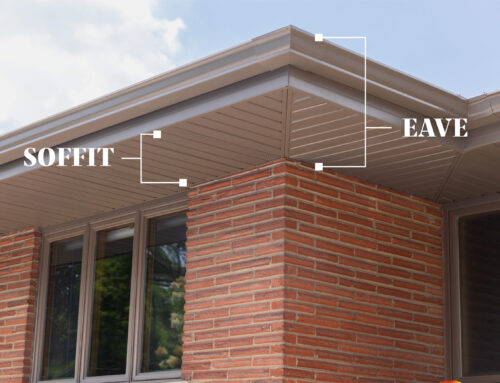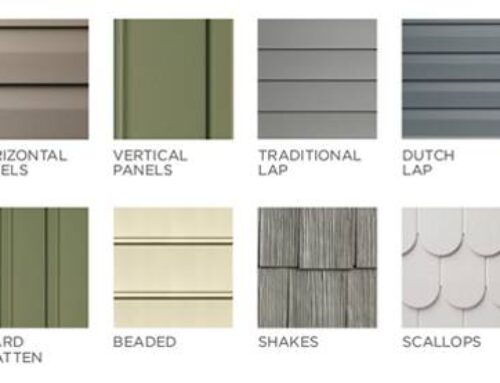
Plastic products have a bad reputation these days because of the perception that they’re not eco-friendly. You might be surprised, however, to know that vinyl siding showed a better Environmental Impact Score (EIS) than other types of siding. Woodbridge Home Solutions shares a look at how its environmental impact is measured.
Contents
Factors That Prove Vinyl Siding Is Eco-Friendly
The National Institute of Standards and Technology (NIST) has developed a software called Building for Environmental and Economic Sustainability, or simply, BEES. It is a tool designed to measure the life cycles of different types of exterior materials. According to the BEES analysis, vinyl siding is eco-friendly because of the following factors:
-
Lightweight — As a lightweight material, more material can be included per shipment, resulting in greater fuel efficiency.
-
Ease of Installation — A typical vinyl siding installation requires fewer materials, as the pieces can be extruded to custom lengths. This also results in less material waste during installation since there is almost no need to trim and shape it.
-
Molded-In Colors — Vinyl siding does not require painting, staining, or caulking, reducing required materials.
Other Eco-Friendly Advantages of Vinyl Siding
While it is not mentioned in the report, vinyl siding offers the following advantages:
-
Recyclability — Vinyl, also known as polyvinyl chloride or PVC, is a recyclable type of plastic. Many of today’s products, including toys, vinyl records and vinyl siding, contain recycled content.
-
Corrosion Resistance — Vinyl siding does not corrode like wood shakes and aluminum. With proper care and maintenance, it can have a relatively long life span than other siding materials. Combined with its recyclability, vinyl siding has minimal impact on the amount of trash at the local landfill.
-
Low Maintenance — Vinyl siding is mostly known for its low maintenance requirements. All you need to keep it clean is a garden hose and a soft brush for those hard-to-reach corners. In addition to being exceptionally convenient, it also eliminates the need to use chemicals and coatings that may be harmful to the surrounding vegetation. If you must use soap to clean stubborn dirt, you can choose an eco-friendly cleaning product.






